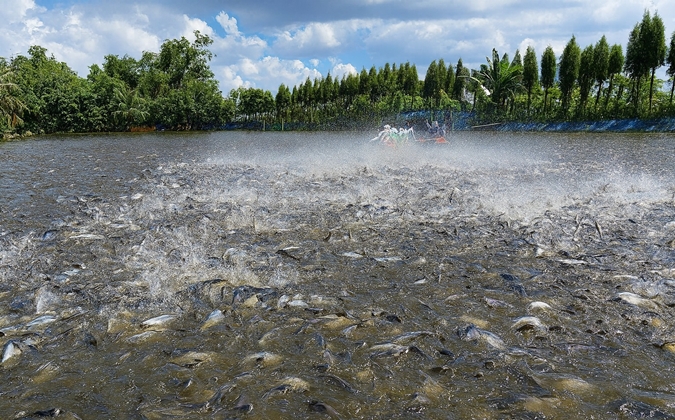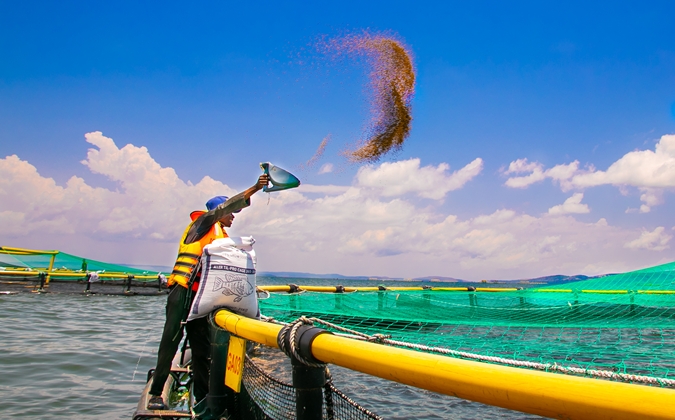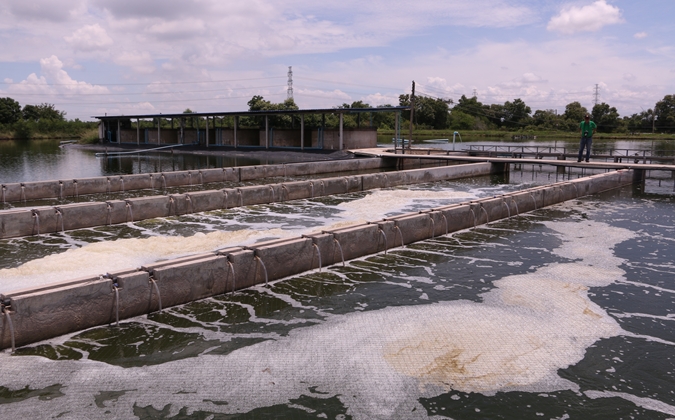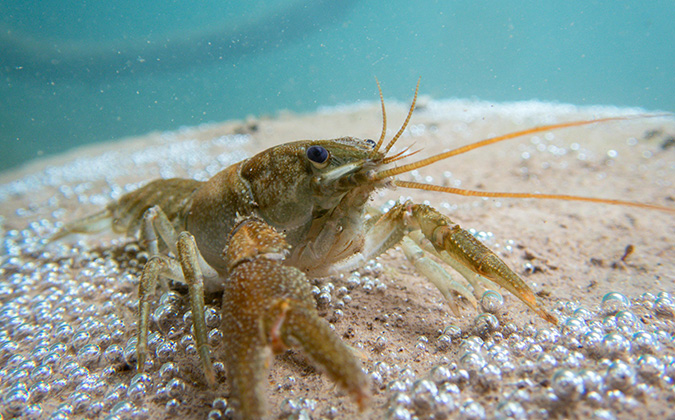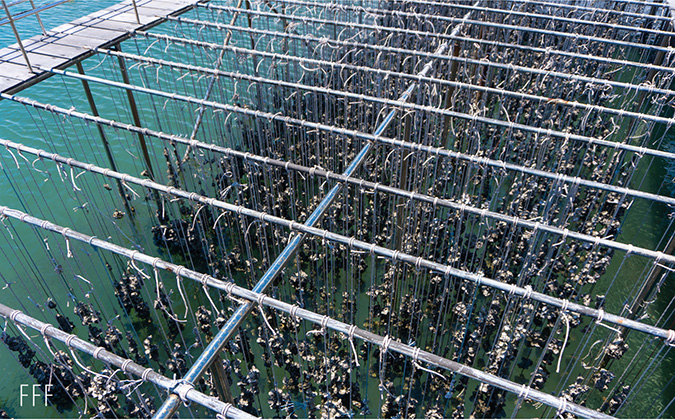
Scientists closing in on ways to boost immune mechanisms of mollusks
Farmed mollusks are threatened with a number of diseases, but given that — unlike vertebrates — animals like mussels and clams don’t have antibodies or T or B cells to fight infection, coming up with health interventions has often proved elusive.
This could be set to change, according to a group of French researchers.
The health of mollusks can be adversely affected by bacteria, viruses and parasites, but they have innate immunity against such threats which relies on defensive chemicals and physical features. In a review of research in this area, the scientists suggested that discoveries over the last 2 decade have shown that mollusk immune systems can adapt following challenge from microbes, in processes known as “trained immunity” or “immune priming.” In these cases, responses to subsequent infections can be stronger and faster.
Scientists around the world have carried out studies with mussels, abalone, clams and oysters, all demonstrating the phenomena of “memory” to help fight infections. However, the reviewers stressed that work exploring immune mechanisms is scarce compared to other areas of aquatic health, and as such, there is still a long way to go before trained immunity can be applied on a large scale in mollusk farming.
Major knowledge gaps remain around exactly how mollusk immune systems acquire memory, both within and across generations, and how these responses affect the fitness of the animals and disease control across populations. In some species, it is also unknown just how specific the immunity is against individual health threats.
Toward preventative approaches
“Understanding this novel aspect of immunology is crucial in light of the increasing epizootic disease outbreaks currently affecting marine invertebrates, for which no treatments are currently available,” they wrote in the journal Reviews in Aquaculture.
“A trained-immunity-based strategy could be a viable alternative or complement to current genetic selection strategies, with the potential for rapid implementation to combat future emerging diseases.”
The researchers noted that inspiration can be drawn from the fact that a vaccine has been developed for an insect (honeybees) and a vaccine-like approach for shrimp.
“We anticipate that this field of research will represent an important new approach for developing more efficient prophylactic measures and ensuring sustainable and environmentally sound disease management in marine mollusk aquaculture,” they added.
Read the full article in the journal Reviews in Aquaculture.
Posted on: July 01, 2024


